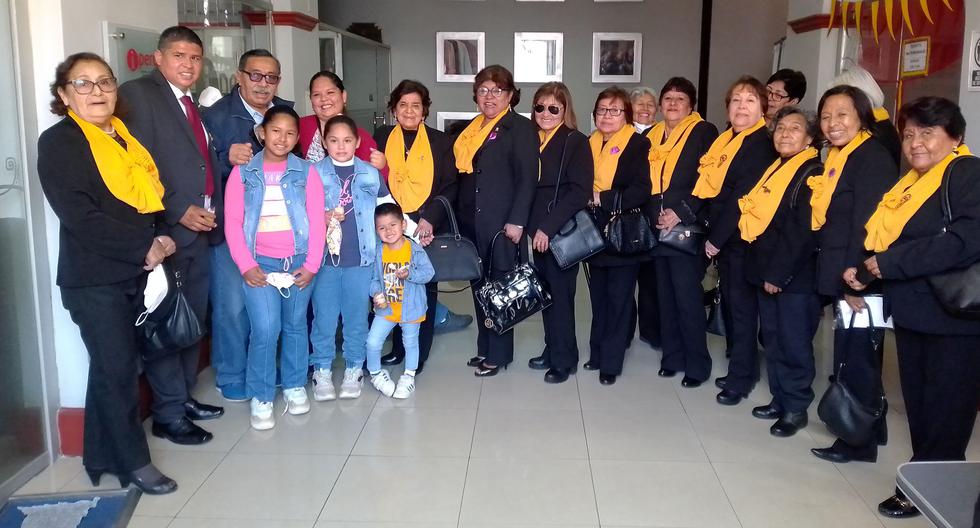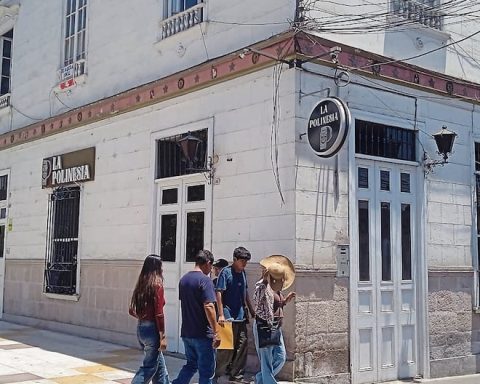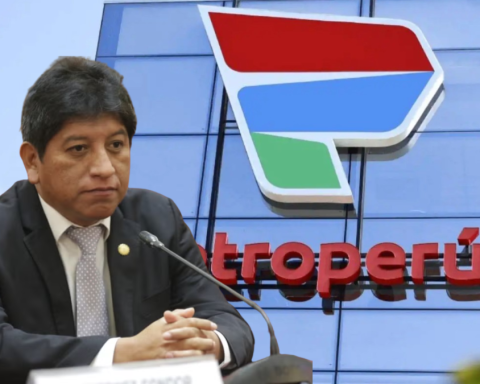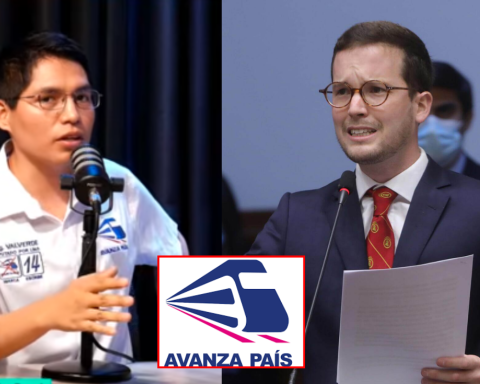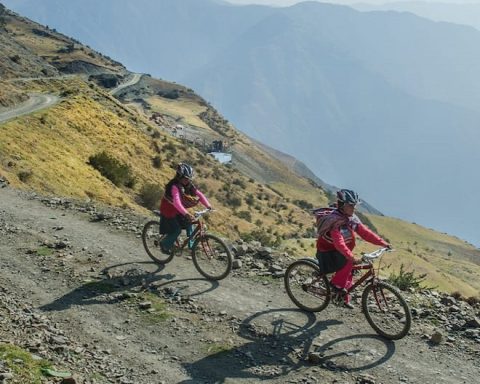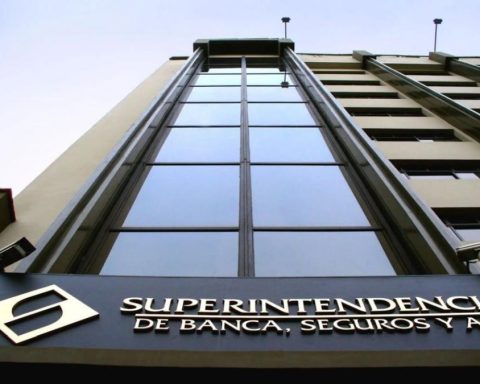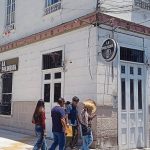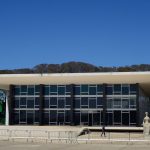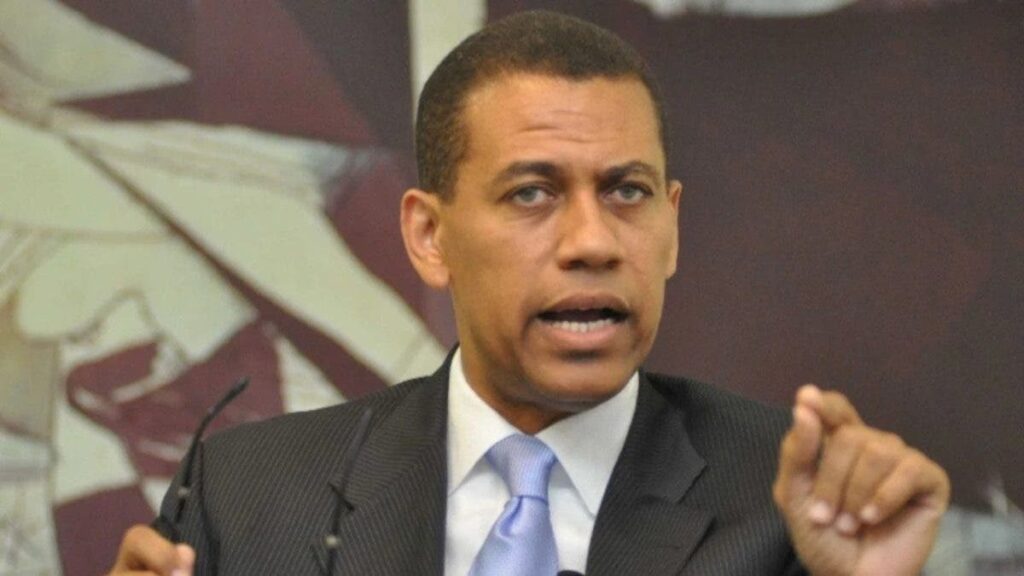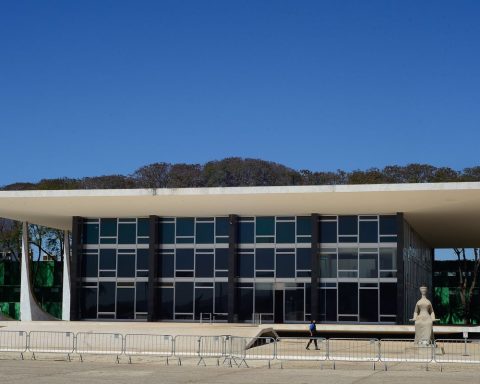Professor Graciela Ale, who together with her promotion from the former Escuela Normal Superior Femenina Corazón de María de Tacna turned 50, said that the changes in the Peruvian educational system that currently sanctions physical punishment of students has its disadvantages.
WATCH THIS | Alderman of Tacna questions provision of water and electricity to invaders
“On the one hand, good and on the other, bad, because the child has now become very relaxed, since you can no longer say anything to him, so he no longer wants to complete the tasks, he no longer does what he has to do”he underlined.
Parents support physical “correctives”
“Before, the teachers, especially those from the normal school, learned to be demanding with our students, I feel very proud, as do my classmates, that today they are good professionals, when we meet on the street they do not greet and thank”highlighted the teacher.
IT MAY INTEREST YOU | Tacna: Worker dies buried in the work of the Regional Government of Tacna
He also acknowledged that most parents agree that teachers should be allowed to physically punish students, but emphasized that education is not just the teacher’s task, but rather a joint effort, which begins at home in the bosom of the family.
Punishments applied in schools
According to testimonies from adults today, before it was usual for students to be subjected to sideburn pulling, hair pulling, “rules” on the palm, beatings with a splint on the buttocks and other physical punishments that are now banned under threat of criminal complaints.
The former Escuela Normal Superior Femenina Corazón de María de Tacna operated in the central location of the Jorge Basadre National University, on the corner of Pinto and Bolognesi avenues. Today, instead, the entity in charge of training teachers in Tacna is the José Jiménez Borja Public Pedagogical Higher Institute. Graciela Ale is part of the last promotion that graduated from the former normal school, in 1972.
